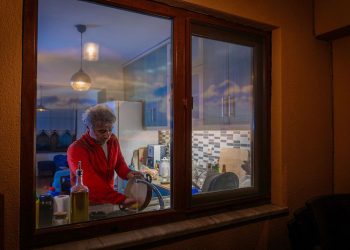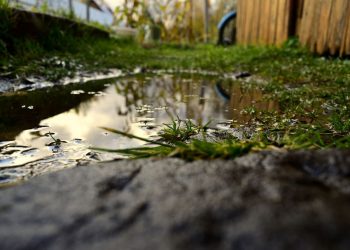House flipping is when an investor purchases a property (typically an older home), renovates it and then sells it for a higher price. Renovated homes often offer some great updates and modern features, and most house flippers do high-quality work.
If you’re thinking about buying a house that’s recently been flipped, though, keep the following considerations in mind:
The history
Find out as much information about the property’s history as you can. You can check local records and ask questions. How old is the property? What kind of condition was it in before it got flipped? Exactly what type of renovations have been done to it? Your real estate agent can work to help get you answers.
The flipper
Many investors, known as “serial flippers,” buy multiple homes and flip them in quick succession. If you’re dealing with a serial flipper, check out any homes the investor has fixed up in the past. How does the previous work look? Were the buyers of those homes satisfied? Conversely, if this is the flipper’s first project, be cautious about possible mistakes made through inexperience. If the flipper is a company, check the consumer protection department and Better Business Bureau for complaints against the firm.
The permits
Structural changes are common in flipped houses. If any were made, verify that the work was properly permitted and that all the necessary inspections were done. You want to ensure any house you buy is up to code and safe for your family.
The quality of renovation
As with any potential home purchase, be sure to get a proper inspection of the property. Have the inspector pay special attention to the home’s structure or any recent changes. Although many house flippers are extremely talented renovators, some cut corners and take shortcuts to flip the home faster. Make sure everything is sound so you don’t stumble upon a problem post-sale. If you can’t have an inspection until you’ve made an offer, make sure to include a contingency clause enabling you to walk away if the inspection shows a critical issue.
Plumbing, heating and AC
Because many flippers don’t live in the homes while working on them, their systems may not have been used, and issues may go unnoticed or unnamed. Does the AC work? How about the plumbing? Are there any leaks? Be sure to check thoroughly.
Ultimately, by doing due diligence, getting an inspection and working with a real estate agent, you can rest assured that a newly flipped house is in tip-top shape and ready to become your home.











